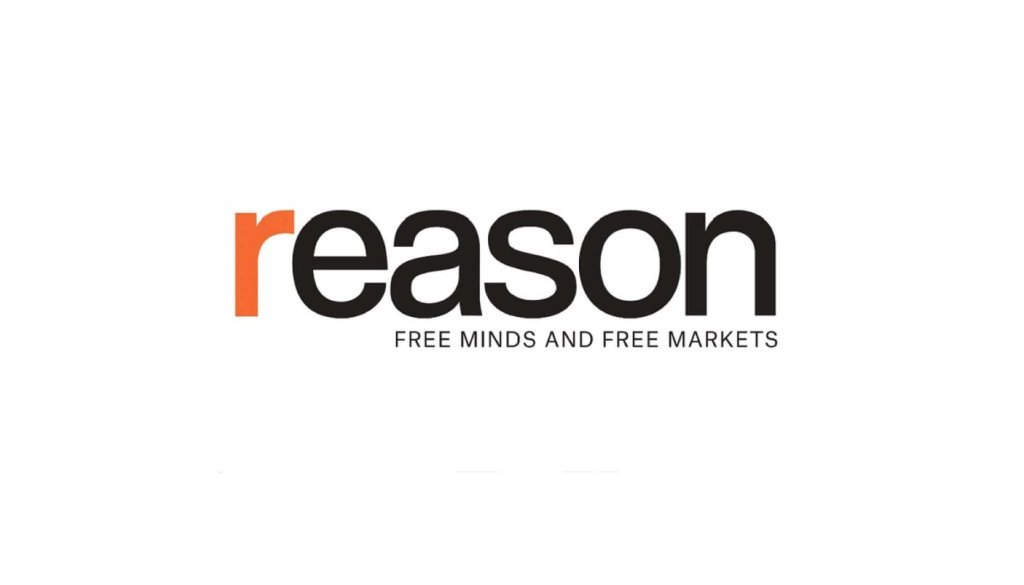The U.S. Tax Code Is Way Too Complex. Here’s How To Fix It.
You can say what you want about Elon Musk, but he is able to pinpoint in a single tweet some of the most dysfunctional aspects of our federal government. For instance, he recently noted that “Simplifying the tax code will increase productivity, instead of incentivizing bizarre tax-avoidance behavior.”
He’s correct. If President-elect Donald Trump wants to have a lasting impact, he should not simply extend the provisions of the 2017 tax reform; he should use the opportunity for further serious reform.
The U.S. tax system could be used to teach a masterclass on inefficiency, complexity, and distorted incentives. The high cost of complying with our tax code encourages wasteful tax avoidance strategies and creates what we economists call significant deadweight losses by distorting work and investment decisions.
This complexity doesn’t just hurt taxpayers, business owners, and innovators. By reducing economic growth, it hurts us all.
At the heart of the problem is the definition of income developed by Robert Haig and Henry Simons in the 1920s and ’30s, which provided a theoretical foundation for modern taxation. It defines income as the sum of a person’s consumption plus the change in his or her net worth over a given period. Put in practice, Haig-Simons creates a tax bias against saving and investment.
Decades of trying to correct these flaws have set the tax code on a path to extreme complexity, thanks to a resulting maze of exceptions, special treatments, and differential rates—all while lots of double taxation, which undermines both efficiency and fairness, stayed in place.
How? Imagine someone who earns $100 and saves it. This person first pays tax on the earnings. If the savings generate enough interest, dividends, or capital gains, the saver pays again, though at a reduced rate. If the asset is left to heirs, the same income might be taxed a third time through estate taxes. In co
Article from Reason.com

The Reason Magazine website is a go-to destination for libertarians seeking cogent analysis, investigative reporting, and thought-provoking commentary. Championing the principles of individual freedom, limited government, and free markets, the site offers a diverse range of articles, videos, and podcasts that challenge conventional wisdom and advocate for libertarian solutions. Whether you’re interested in politics, culture, or technology, Reason provides a unique lens that prioritizes liberty and rational discourse. It’s an essential resource for those who value critical thinking and nuanced debate in the pursuit of a freer society.




